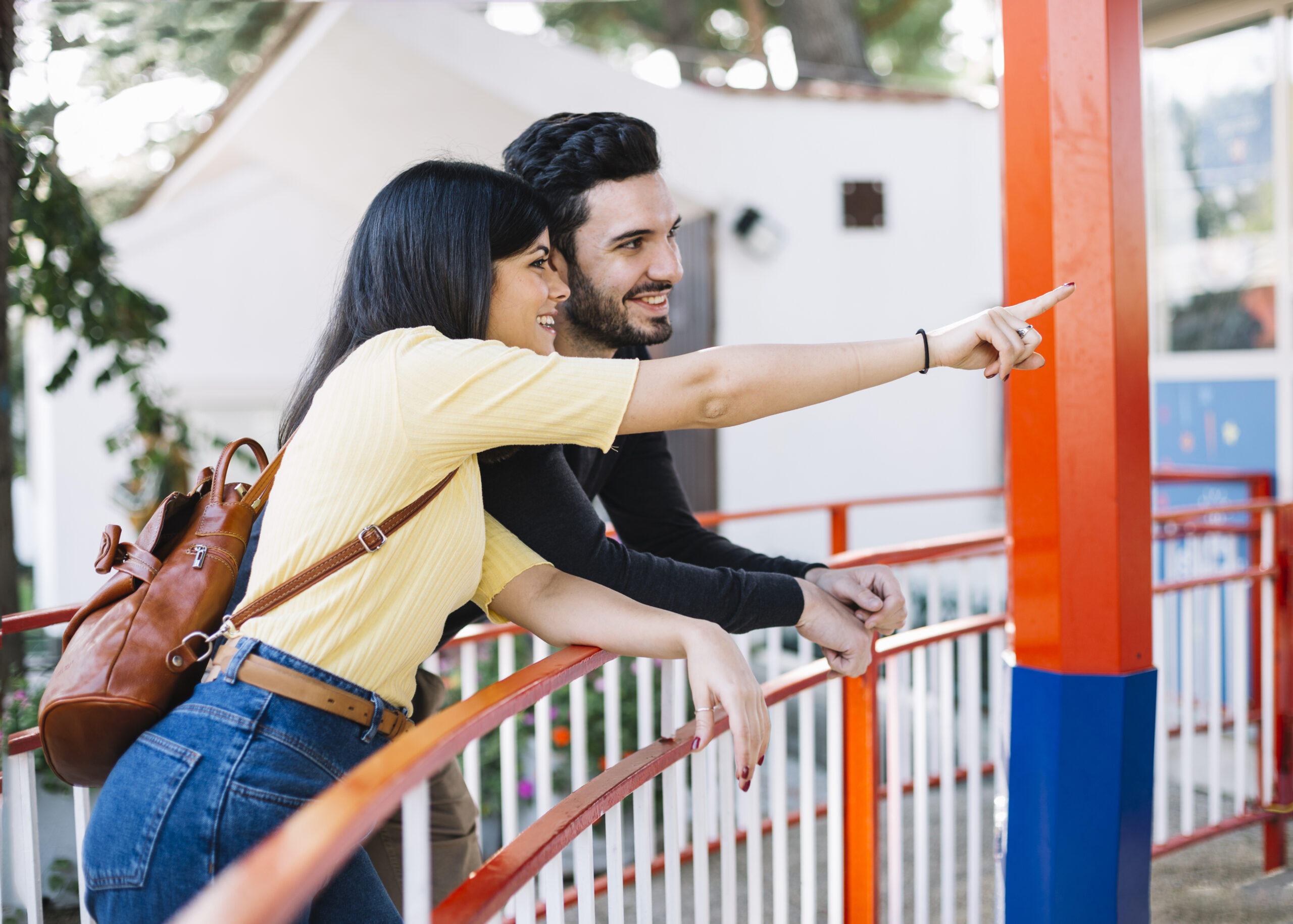In a fast-paced, digitally driven world where social connections often feel fleeting and superficial, the ancient Greek idea of Párea offers a refreshing and deeply meaningful perspective on friendship and community. More than just a casual get-together, párea is a cherished cultural tradition that emphasizes emotional closeness, heartfelt conversation, and a strong sense of belonging. In this article, we’ll explore what párea truly means, its significance in Greek society, and how we can incorporate its essence into our modern lives.
What Is Párea?
At its core, Párea (παρέα) is a Greek word that loosely translates to “group of friends” or “companionship.” But its meaning runs much deeper than a simple social circle. A párea is a gathering of people who share not only friendship but also values, emotions, ideas, and a mutual sense of comfort.
It’s not uncommon in Greek culture for a párea to meet regularly—often over coffee, a meal, or a simple walk—to talk about life, philosophy, current events, personal struggles, and dreams. The beauty of párea lies in its ability to create a safe, accepting space where everyone feels heard and supported.
Historical and Cultural Roots
The concept of párea dates back to ancient Greece, where philosophers like Socrates and Plato engaged in symposia—gatherings that combined food, drink, and dialogue. These early forms of párea weren’t only about socializing; they were intellectual and emotional exchanges where ideas could blossom and bonds could be strengthened.
Over centuries, the tradition of párea evolved but retained its core elements of meaningful communication and communal warmth. In modern Greece, párea remains a pillar of daily life. Whether it’s sitting in a bustling kafeneio (coffeehouse) in Athens or enjoying a sunset meal in a village square, Greeks prioritize togetherness and deep connection.
Párea vs. Socializing: What’s the Difference?
It’s easy to assume that párea is just another term for hanging out, but the two are quite different. Traditional socializing, especially in urban or Western contexts, can often be goal-oriented, superficial, or transactional. You might meet colleagues for networking, attend parties for entertainment, or scroll through social media for updates.
Párea, however, is rooted in authenticity and emotional presence. There’s no rush, no performance. Time flows organically, and the focus is on genuine interaction rather than distraction. It’s about laughing together, debating thoughtfully, supporting each other, and simply being—without the need for filters, small talk, or external validation.
The Elements That Make Párea Special
To understand the magic of párea, it’s important to look at its core elements:
1. Intentional Time Together
A párea isn’t random; it’s something people make time for, even amid busy schedules. It reflects the belief that relationships are worth nurturing intentionally.
2. Honest Conversation
Talk in a párea is rarely surface-level. Members dive into deeper topics—hopes, fears, memories, and observations—offering their true selves without fear of judgment.
3. Emotional Safety
In a párea, everyone is valued. The atmosphere is relaxed, non-competitive, and loving. Emotional safety is what enables people to open up authentically.
4. Shared Experiences
Whether it’s food, music, storytelling, or simply silence, párea thrives on shared experiences that form lasting memories and deepen connections.
Párea in Modern Life
As society becomes more fragmented by technology, work culture, and individualism, many people feel isolated—even while constantly connected. This is where the ancient wisdom of párea can provide healing.
Reclaiming Community
You don’t have to be Greek or live in Greece to create your own párea. It begins by prioritizing deep relationships over shallow interactions. Invite a few close friends to gather regularly—not for an event or task, but for each other.
Slow Down and Be Present
Párea teaches us to slow down, disconnect from devices, and be present in the moment. These simple practices can radically improve our well-being and mental health.
Embrace Vulnerability
Many avoid vulnerability out of fear, but a real párea thrives on it. By being open, we build trust and deepen our emotional intimacy with others.
Párea and Mental Health
Recent studies highlight how loneliness and lack of social bonds contribute to stress, depression, and even physical illness. On the other hand, strong interpersonal connections—like those formed in a párea—can:
-
Boost happiness
-
Improve immunity
-
Reduce anxiety
-
Enhance overall life satisfaction
Greek culture, through párea, shows that emotional support is not a luxury—it’s a necessity. It’s not just about who you talk to, but how you talk, and how deeply you connect.
Párea in the Digital Age
While traditional párea happens face-to-face, its values can be adapted to the digital world—if approached mindfully. Online video calls, small group chats, and virtual dinners can serve as digital páreas when they are intentional, meaningful, and emotionally engaging.
What matters most is not the platform, but the purpose: to share presence, laughter, wisdom, and care.
Final Thoughts: Reviving a Beautiful Tradition
In an age of busyness, distraction, and division, párea reminds us of what really matters—human connection, emotional richness, and shared joy. By embracing this ancient Greek concept, we can bring more warmth and meaning into our relationships.
So next time you think about catching up with friends, don’t settle for a quick message or an emoji-laden text. Invite them over. Share a meal. Listen deeply. Laugh freely.
Start your own párea—and rediscover the art of being together.

